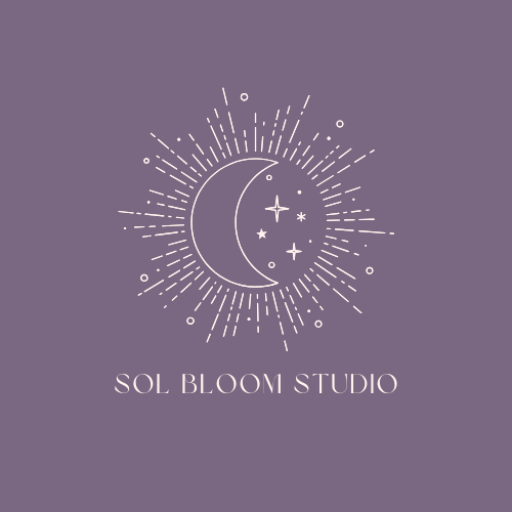
Mental health, a term that captures our emotional, psychological, and social well-being, touches every aspect of our lives. It’s more than being free from mental illness; it’s about having the resilience to handle life’s ups and downs.
These days, understanding mental health strategies is pretty crucial. With the fast pace of modern living and pressures stacking up, having set strategies help us keep our cool and stay balanced. Just like we have routines to keep our bodies fit, our minds deserve the same kind of support.
Effective mental health strategies aren’t just snappy catchphrases or fleeting trends. They’re practical tools that help us manage stress, improve relationships, and make thoughtful decisions. Mental health isn’t just a personal journey; it’s connected to everything around us.
Exploring the context of community and culture adds another layer to these strategies. Each community and culture brings unique perspectives on mental health, impacting how strategies are developed and applied. Whether we’re embracing traditional wisdom or blending new methods, recognizing this diversity is key.
Identifying Individual Needs for Tailored Approaches
When it comes to mental health, a personal touch is crucial. What works wonders for one person might not do the trick for someone else. Individual plans respect unique experiences and needs, making them more effective right from the get-go.
Identifying triggers and symptoms that are specific to each individual is part of the process. This personalized insight helps in crafting strategies that truly resonate. Whether it’s anxiety in social settings or stress from tight deadlines, recognizing these factors is key.
Professional diagnosis and assessments are more than just boxes to tick. They provide a clear picture of the mental landscapes each of us navigates. Not only do they help form the foundation of personalized strategies, but they also bring in experts ready to offer targeted guidance.
Open communication plays a pivotal role. Encouraging individuals to voice their needs leads to better understanding and support. Whether talking with a friend, a therapist, or a family member, expressing personal experiences can be game-changing.
Building a Resilient Support System
Navigating life’s challenges is smoother with a support system built for success. Having a circle that you can count on, especially when the going gets tough, offers invaluable comfort and strength.
Friends are more than just company; they’re the ones who lend an ear during tough times and cheer for you during wins. Having supportive peers helps in maintaining mental balance, offering advice and encouragement when it’s needed most.
Family, with its close-knit ties, forms another pillar of support. They often understand us more than anyone else. Their consistent presence can greatly bolster individual strategies, offering a safety net when we’re feeling low.
Let’s not forget our workplaces, since we spend a significant amount of our lives there. Both formal programs and informal support from colleagues can create a workplace that supports mental well-being, helping everyone operate at their best.
Community programs are gems when it comes to wide-reaching support. They bring people together, fostering shared experiences and common understanding. Whether through workshops or group sessions, communities stand as crucial allies in mental health strategies.
Integrating Mindfulness and Other Therapies
Mindfulness is like a trusty compass for mental well-being. It’s about staying present and grounded, giving us the space to reflect without judgment. Incorporating mindfulness into daily life can reduce stress and enhance focus.
Different therapeutic approaches offer valuable tools for mental health. Cognitive Behavioral Therapy (CBT) and Dialectical Behavior Therapy (DBT) are just a couple examples that provide strategies to address thought patterns and behaviors.
Physical exercise plays a significant role in mental well-being. A brisk walk or a yoga session can elevate mood and decrease stress. Coupled with balanced nutrition, these habits nurture our body and mind together.
Technology offers a buffet of mental health apps and digital consultations. They’re super convenient and cater to different needs, from guided meditation apps to online therapy sessions.
Maintaining Progress and Adapting Strategies
Tracking how you’re doing is just as important as the strategies themselves. Progress isn’t always a straight line; it’s a series of steps that might move in unexpected directions.
Strategies should be as flexible as life itself. As circumstances change, so should the approaches we use. Adjusting strategies ensures they remain relevant and effective in response to life’s twists.
Celebrating small victories, no matter how minor they may seem, boosts motivation and reinforces the positive steps we’re taking. These moments of success remind us of the progress and work we’ve put in.
Staying informed about mental health and its evolving landscape is important. Continuous learning helps in adapting and refining strategies, keeping them fresh and impactful.
